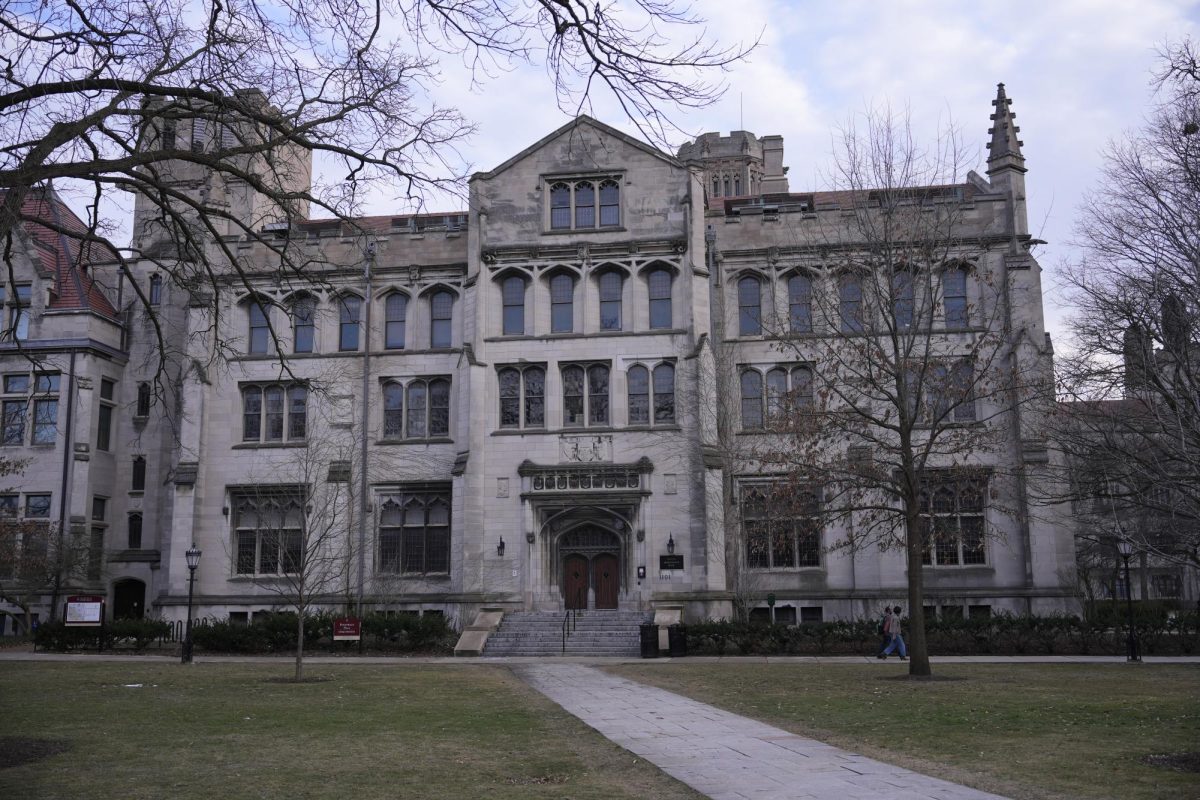So Ralph Nader is going to run again. In an interview on “Meet the Press” this weekend, the consumer advocate and perennial presidential candidate announced that he would run for the White House as an independent. With the Democratic Party livid over Nader’s entry into the race, political analysts are trying to determine how much of a factor a Nader candidacy would be. At this point in the campaign, it is hard for me to think that Nader will matter at all.
Nader did take away votes that would have given Al Gore the presidency. Had Al Gore taken just one percent of Nader’s votes in Florida, he would have won the state and the White House. Yet Nader will not have the same success he did in 2000 because the strategy that catapulted him to spoiler status is not feasible in 2004.
Despite his Green Party affiliation and his interest in a myriad of progressive issues, Nader stuck to one stump speech last time and it was that message that allowed him to garner support. Using a “tweedle-dee and tweedle-dum” analogy, Nader made the case that there was no real difference between the parties or the candidates, and that instead both the Democrats and the Republicans came from the same source of political power—corporations—and as a result, neither party represented the people.
For pre-9/11 America, this message was compelling. The country had elected a divided government for the past six years—putting a Democrat in the White House and the Republicans in control of Congress. Moreover, both Al Gore and George W. Bush ran to the middle of the political spectrum immediately after the primaries. Therefore, Nader’s strategy of painting both parties with the same brush seemed effective.
In 2004, the political landscape could not be more different. September 11 has radically changed the way Americans see national security as a campaign issue and has radically changed the way the American government conducts national security. Feelings of party apathy have been replaced with intense ideological division on both the left and the right. Finally, President Bush, who campaigned as a “compassionate conservative” and a “uniter, not a divider,” has governed the country from the right wing of the Republican Party and thus, proved that he has been successful in dividing the country while uniting the parties—one in intense admiration and the other in equally fervent antipathy.
As a result, campaign warfare will be waged in a vastly different fashion. Instead of racing to the middle in an attempt to woo independents, the parties will mobilize their respective base constituencies.
More importantly, Nader will not be able to tell the American people that a Gore administration would have been identical to the current one. (Well, perhaps he could tell them, but they won’t listen.) It’s hard to tell someone who has lost his job or his healthcare or his child in Iraq that Nader’s role in 2000 did not make much of a difference.
Besides, the people that Nader campaigns for, the progressive left, are the people who are the most infuriated with Bush, and will consequently be the most likely to vote for the candidate who offers the best chance of deposing him. Nader believes that this constituency is too principled to vote for the Democratic Party, and perhaps he is right about some of them, but I refuse to believe that all of them would rather vote for Nader than vote against Bush by voting for a Democrat.
After all, in every Democratic primary, the determining factor for the party loyalists (a constituency that Nader hopes will defect) has been, “Who can beat Bush?” This overriding dynamic was what destroyed Dean and reinvigorated Kerry. It is simply unrealistic for Nader to expect these same voters will feel differently in the general election.
Finally, Ralph Nader had a distinct advantage in 2000 when the Green Party agreed to nominate him as a candidate simply because it got his name on the ballot in all 50 states. This time, Nader is running as an independent and thus it is his responsibility to get his name on the ballot, which will mean getting 1.5 million Americans across the country to sign petitions for his campaign.
Furthermore, Nader said in his campaign announcement that he would rely on volunteers to get those signatures—a tactic that does not require much money but does require a national grassroots organization composed of citizens who support the candidate from the beginning. This organization will be hard pressed to meet the filing deadlines, the first of which is less than 90 days away. Therefore, although this task is not implausible for Nader, he will have already spent precious time and resources to simply get his name on the ballot.
And only then can he start the Herculean effort of convincing people to vote for him.








